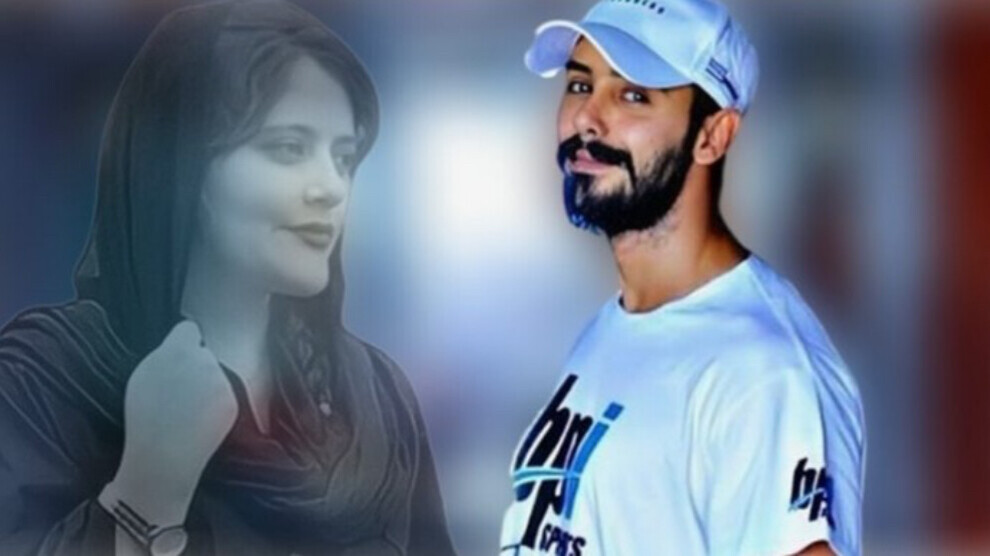Uncle of Jina Mahsa Amini imprisoned
The murder of Jina Amini sparked an unprecedented uprising in September 2022, when she was killed by the morality police in Tehran for allegedly violating the dress code.
The murder of Jina Amini sparked an unprecedented uprising in September 2022, when she was killed by the morality police in Tehran for allegedly violating the dress code.

Sefa Eyli, uncle of Jina Amini, who was murdered in 2022 after being detained by Iran's morality police in Tehran, was remanded in custody.
Eyli was reportedly transferred to Saqqez Prison for the execution of his sentence without any notification.
Sefa Eyli was detained in a raid on his house in 2023, on the anniversary of Jina Amini’s death, and was released after a while.
He was later sentenced to 5 years, 4 months and 17 days in prison by the Saqqez Revolutionary Court on charges of “participating in illegal organizations and activities that threaten national security” and “spreading anti-state propaganda”.
Background
In the fall of 2022, the death of Kurdish woman Jina Mahsa Amini triggered the most serious protests in the history of the Islamic Republic to date. The 22-year-old woman from Saqqiz was visiting Tehran when she was arrested by moral guards for allegedly violating the dress code. Shortly afterwards, she died in police custody. According to her family, Amini was forcibly dragged into a police van and taken to a police station, where she collapsed and fell into a coma as a result of further abuse. On September 16, 2022, doctors at a Tehran clinic pronounced Amini dead.
Jina Mahsa Amini's death sparked the nationwide "Jin, Jiyan, Azadî" ‘Jin, Jiyan, Azadî’ (Woman, Life, Freedom) revolution, in which women were at the forefront. The young generation in particular took to the streets for months against the repressive policies of the Islamist leadership. The state apparatus violently crushed the demonstrations; more than 550 people died and other protesters were executed. In addition, more than 22,000 people were arrested. Human rights groups say the Iranian government uses the death penalty to suppress public outcry.